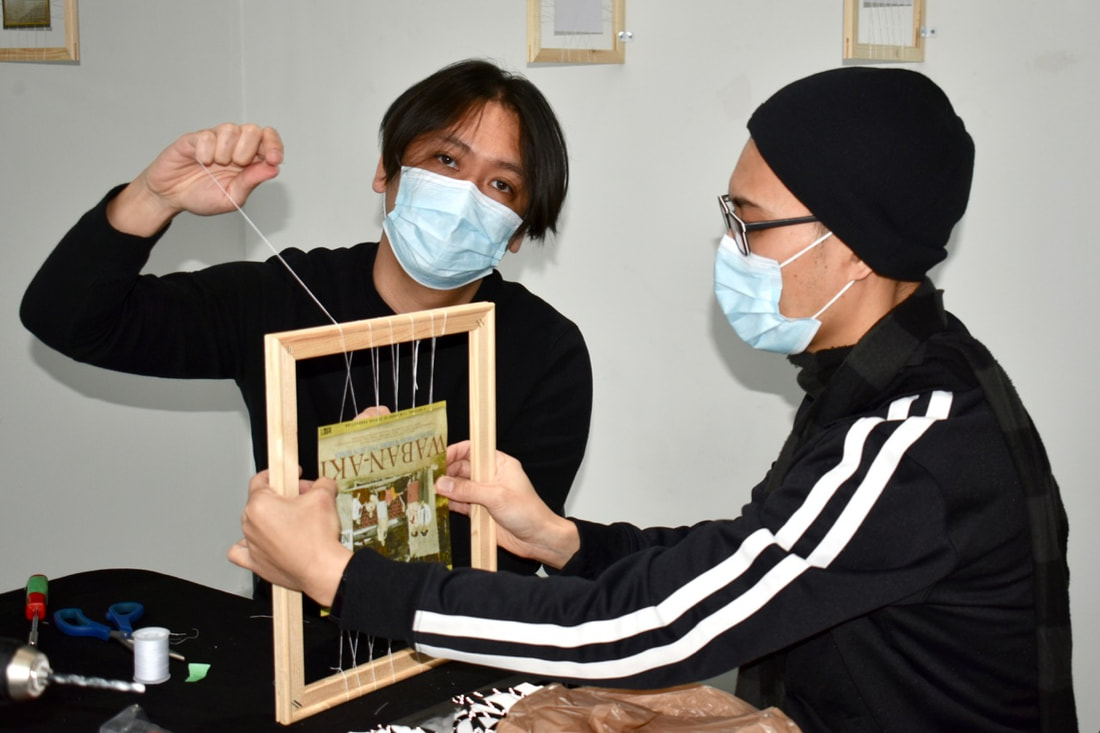|
GALLERY HOURS
Mondays: CLOSED Tuesdays: 10am - 5pm Wednesdays: 10am - 3pm Thursdays: 10am - 3pm Fridays: 10am - 3pm Saturdays: 12pm - 4pm Sundays: 12pm - 4pm |
|
Window Art Gallery is dedicated to showcasing artwork from contemporary artists and collectives working in a variety of media. WAG strives to present artwork that reflects and uplifts diverse voices from the Katarokwi-Kingston community.
Window Art Gallery maintains an open call for submissions and welcomes applications from emerging, mid-career, and senior artists. We are accepting submissions for 2025. |
The perfect place for your solo or group art exhibition. |


